About St John’s Recovery Place
Clients can expect to work with various staff members throughout their time receiving inpatient treatment. Licensed mental health counselors will help patients learn why they have an addiction and how to overcome it. Licensed addiction nurses can manage a patient’s medications and monitor their overall health as they go through treatment. Most patients will begin their healing through medication assisted treatment, which is a combination of medication to reduce withdrawal symptoms followed by counseling once a patient has stabilized. St. John’s Recovery offers multiple medication options such as Vivitrol, naloxone, naltrexone, Suboxone and buprenorphine.
Medical staff will help clients decide which option is best for them. In addition to this service, clients may benefit from other alternative therapies such as music therapy, vibroacoustic therapy and nutritional therapy. Vibroacoustic therapy involves the use of tactile vibrations and low frequency music to create a meditative experience that reduces stress, which can help clients feel fewer urges to use substances.
Latest Reviews
Rehab Score
Gallery
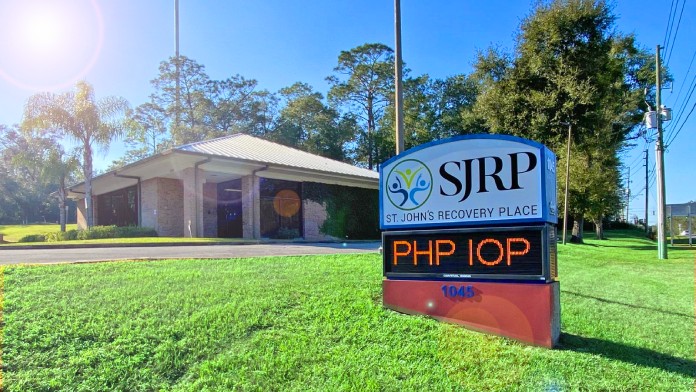
Accepted Insurance
Other Forms of Payment
Self-pay involves paying for treatment out of your own pocket. You can use savings or credit, get a personal loan, or receive help from family and friends to fund your treatment. If you don't have insurance or your insurance plan doesn't cover a specific program, self-pay can help ensure you still get the care you need.
Private insurance refers to any kind of healthcare coverage that isn't from the state or federal government. This includes individual and family plans offered by an employer or purchased from the Insurance Marketplace. Every plan will have different requirements and out of pocket costs so be sure to get the full details before you start treatment.
Addiction Treatments
Levels of Care
 Partial Hospitalization Program
Partial Hospitalization Program
 Intensive Outpatient
Intensive Outpatient
 Inpatient
Inpatient
Treatments
Substance rehabs focus on helping individuals recover from substance abuse, including alcohol and drug addiction (both illegal and prescription drugs). They often include the opportunity to engage in both individual as well as group therapy.
Programs

Adult Program
Clinical Services
Animal therapy (aka pet therapy or animal-assisted therapy) can be very healing, as it allows patients to bond with animals, who give unconditional love. This is particularly useful for those who suffered trauma by the hands of people, who may be able to trust and form closer attachments to animals than humans at certain stages of rehabilitation.
Cognitive Behavioral Therapy (CBT) is a therapy modality that focuses on the relationship between one's thoughts, feelings, and behaviors. It is used to establish and allow for healthy responses to thoughts and feelings (instead of unhealthy responses, like using drugs or alcohol). CBT has been proven effective for recovering addicts of all kinds, and is used to strengthen a patient's own self-awareness and ability to self-regulate. CBT allows individuals to monitor their own emotional state, become more adept at communicating with others, and manage stress without needing to engage in substance abuse.
Creativity is inherently healing, and can help those in recovery express thoughts or feelings they might not otherwise be able to. Creative arts therapy can include music, poetry/writing, painting, sculpting, dance, theater, sandplay, and more. Unlike traditional art, the final product matters far less than the experience of creation and expression itself.
Equine therapy, aka equine-assisted therapy (EAT), is a form of experiential therapy that involves interactions and activities with horses. It does not necessarily involve riding horses, but all activities related to horses, such as feeding, grooming, haltering and leading them. A mental health professional frequently oversees the activities (often in conjunction with a horse professional), and helps patients process their thoughts, feelings, and behavior patterns during and/or after the interaction.
Staff & Accreditations
Staff
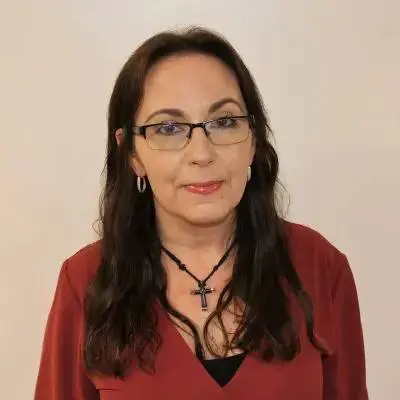
Michelle Smith
COO
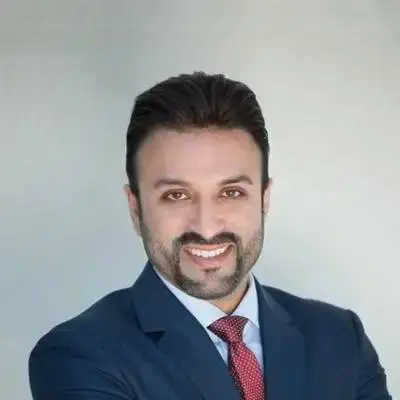
Dr. Sidd Arora
Medical Director
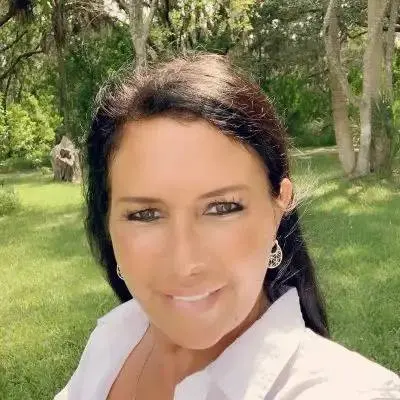
Maxine Fox
Admissions Director
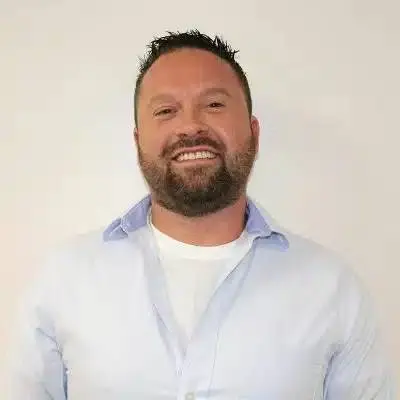
Chaz Stoneking
Business & Development
Accreditations

The Joint Commission, formerly known as JCAHO, is a nonprofit organization that accredits rehab organizations and programs. Founded in 1951, the Joint Commision's mission is to improve the quality of patient care and demonstrating the quality of patient care.
Joint Commission Accreditation: Yes

LegitScript has reviewed St John’s Recovery Place as part of their certification program, and has determined that it meets the LegitScript standards for legality, safety and transparency.
LegitScript verified in April 2021
Contact Information
1045 Williamsburg Rd
Crescent City, FL 32720







